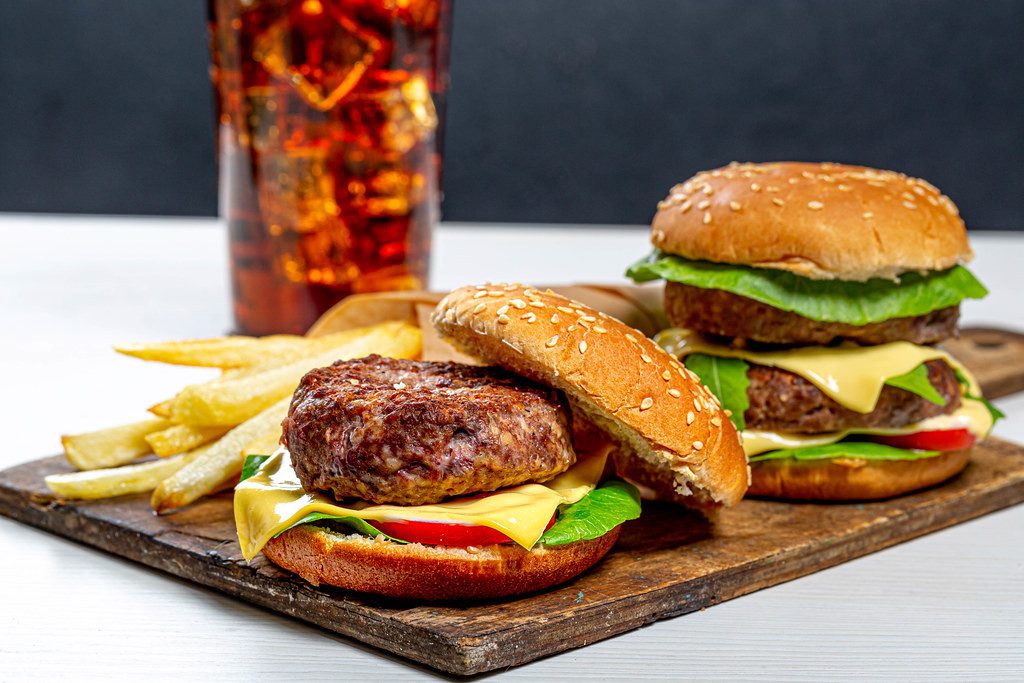A clinical psychologist is claiming that ultra-processed food is having a profoundly negative effect on stress levels, personal relationships and is an underlying factor in the rising levels of mental illness.
According to The Telegraph:
Nutrition is a “central yet overlooked and ignored underlying factor in our rising rates of mental illness”, says Kimberley Wilson, a clinical psychologist with a degree in nutrition, in her new book, Unprocessed.
There are other factors at play, but what we eat is a crucial ingredient. “The brain is a physical organ… nutrition isn’t the be all or end all, but it’s going to be a contributing factor to how well your brain is functioning,” she says.
The idea that your diet affects your brain is not ground-breaking. But Wilson argues that what we eat not only has an impact on our mood, but affects our brain function at every stage of life: from before life begins, in pregnancy, to reducing the impact of cognitive decline in old age.
“The nutrients you ingest influence the structure of your brain, the production of brain chemicals that create your mood, and the speed at which your brain ages,” she writes.
“Yet if you go to your doctor for help with a mental-health issue, you’re more likely to be asked about your relationship with your mother than what you had for breakfast.”
Her book includes examples of how this affects brain health throughout life: “If a mother doesn’t eat enough of the right fats during pregnancy, her baby’s brain is smaller and less well connected.”
In adulthood: “Just a few days on a diet of high-sugar, high-fat, ultra-processed foods leads to measurable impairment in learning, memory and appetite control.”
Rates of mental illness in the UK have been rising steadily for 30 years. One in six children aged five-16 now have a probable mental-health disorder. Wilson at least partly pins the blame for this on ultra-processed food (UPF).
“So much of our diet is ultra-processed, but we just consider them normal foods: I think very few people would recognise baby formula or baby rusks as UPF, but by definition, they are,” says Wilson.
In Britain, we buy more UPFs than anywhere else in Europe: 50.7 per cent of our daily intake comes from ultra-processed food. For one in five young people, this figure is 78 per cent.
UPFs are foods that are highly processed and industrially altered with additives and ingredients you wouldn’t find in your own kitchen, like colouring or emulsifiers.
They are linked to rising obesity rates, type 2 diabetes and several types of cancer.
Research from Imperial College London found that the more UPFs a child eats, the greater their risk of becoming obese and, in adults, UPF consumption is linked with an increased risk of cancer overall, but particularly ovarian and brain cancers.
Crisps, cakes and fizzy drinks are UPFs, but so are supermarket loaves of bread, breakfast cereals and flavoured yoghurts.
What impact does this have?
UPFs contain less brain-healthy nutrients than whole foods and fewer antioxidants. A diet high in UPFs also displaces key nutrients for brain health. UPFs limit variety: 75 per cent of the processed foods that make up the majority of the average diet in the UK are based on just five animals and 12 products.
“The convenience of these foods means that they increasingly displace more nutritious but more labour-intensive foods from our diets,” Wilson writes.

